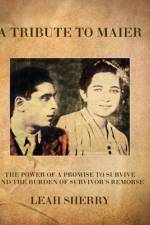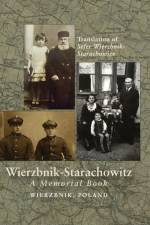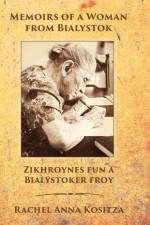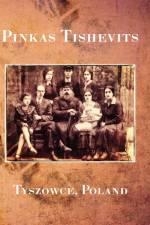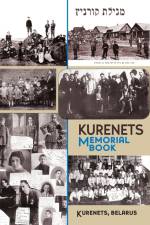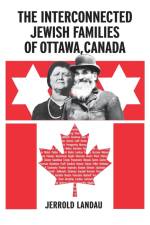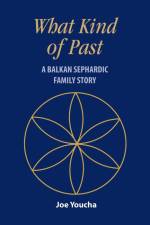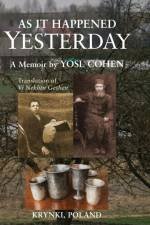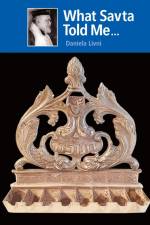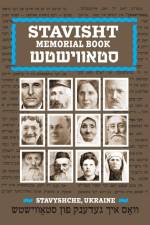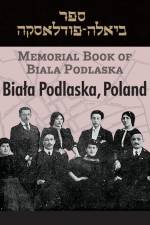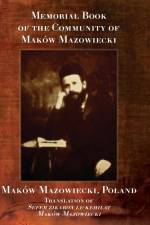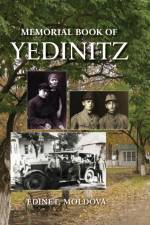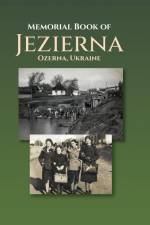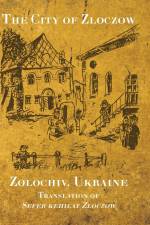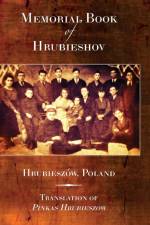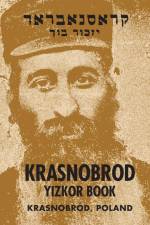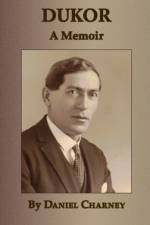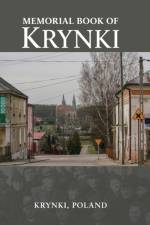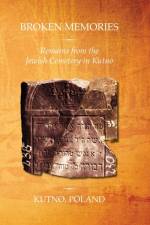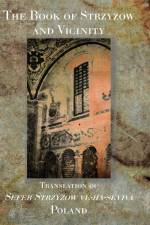av J. Brat
705,-
In the northeast of Mazovia, once Greater-Poland, the town of Makow-Mazowiecki, county seat of Powiat, is set on the banks of the Orzysz river.A Jewish community was established in Maków in the middle of the 16th century and was subordinate to the kehilla in Ciechanów. The community owned a ritual bath, a synagogue and an old people's house, as well as a cemetery. In 1753, the Jewish community of Maków became independent.In the 19th century, Maków Jews began to establish small industrial enterprises such as weaving plants, tanneries and mills. At the end of the 19th century and in the early 20th century, supporters of Zionism and left-wing ideology emerged from the Jewish population of the town. The first branches of the Lovers of Zion and the "Mizrachi" Zionist Orthodox Organization were established at the time. The future leader of the Zionist movement, Nachum Soköów, moved to Maków in 1876. In 1930, a district convention of the Zionist Organization was held in Maków.Just as many other Jewish communities, Maków boasted an active branch of the Linat Hatsedek, Keren Kayemet Le'Israel, libraries, Talmud Torah, Mikvah, "Tarbut" Jewish Cultural and Educational center, and more. The wave of anti-Semitism sweeping Poland in the 1930s soon reached Maków, where Jewish shops were boycotted, shop windows broken, and owners harassed. Germans seized the town in September 1939. They established a ghetto and forced labor camps. The surviving Jews were sent to Auschwitz-Birkenau.As the editor of the book writes: "It seemed to me, I walked alongside the youth of Maków in the "pine-forest", reflected in the waters of the Ozycz, attended their assemblies, marched with the children through the Makover streets on the days of Lag B'Omer celebrations, participated in the Zionist manifestations, flower-day, bazaars. I was in awe of the devoted Jewish members of philanthropic institutions and its members, who worked with devotion for a common goal without seeking personal reward."..."I became acquainted with the history of Maków since the 16th century, with her Torah scholars, Rabbis and Gaonim, educated ones, yeshivahs, teachers, tutors, writers and poets."May this book serve a memorial to the Jewish community of Makow Mazowiecki that was so brutally destroyed.

